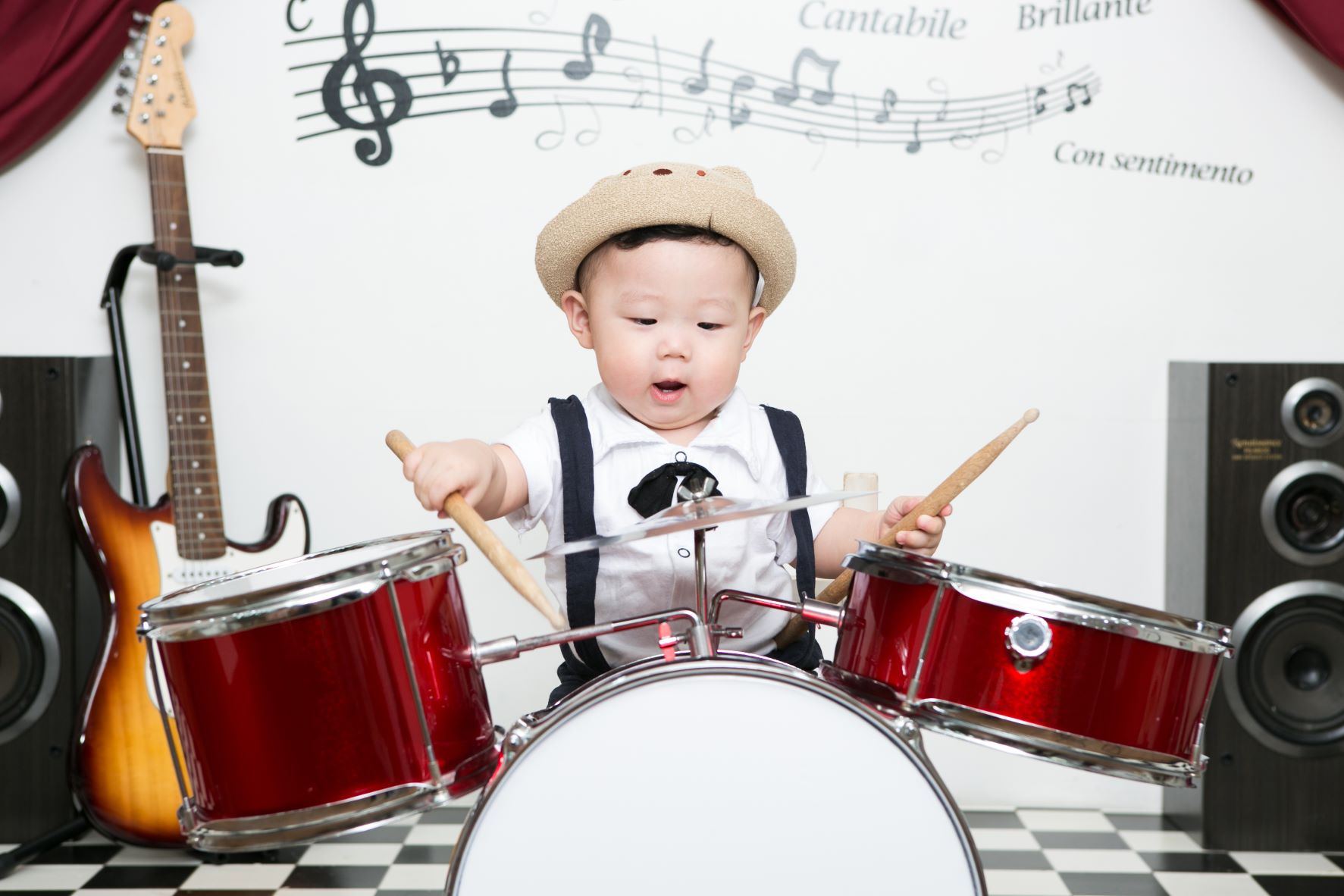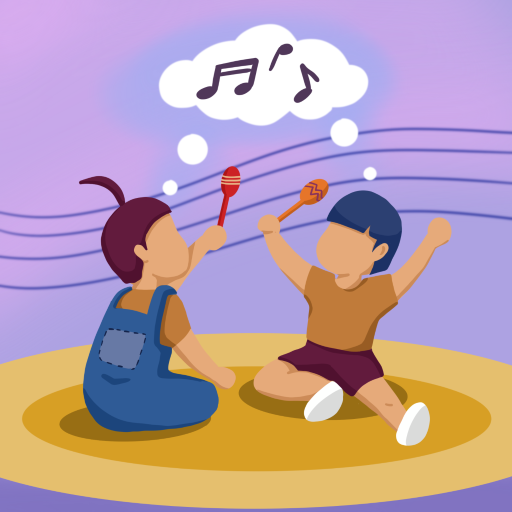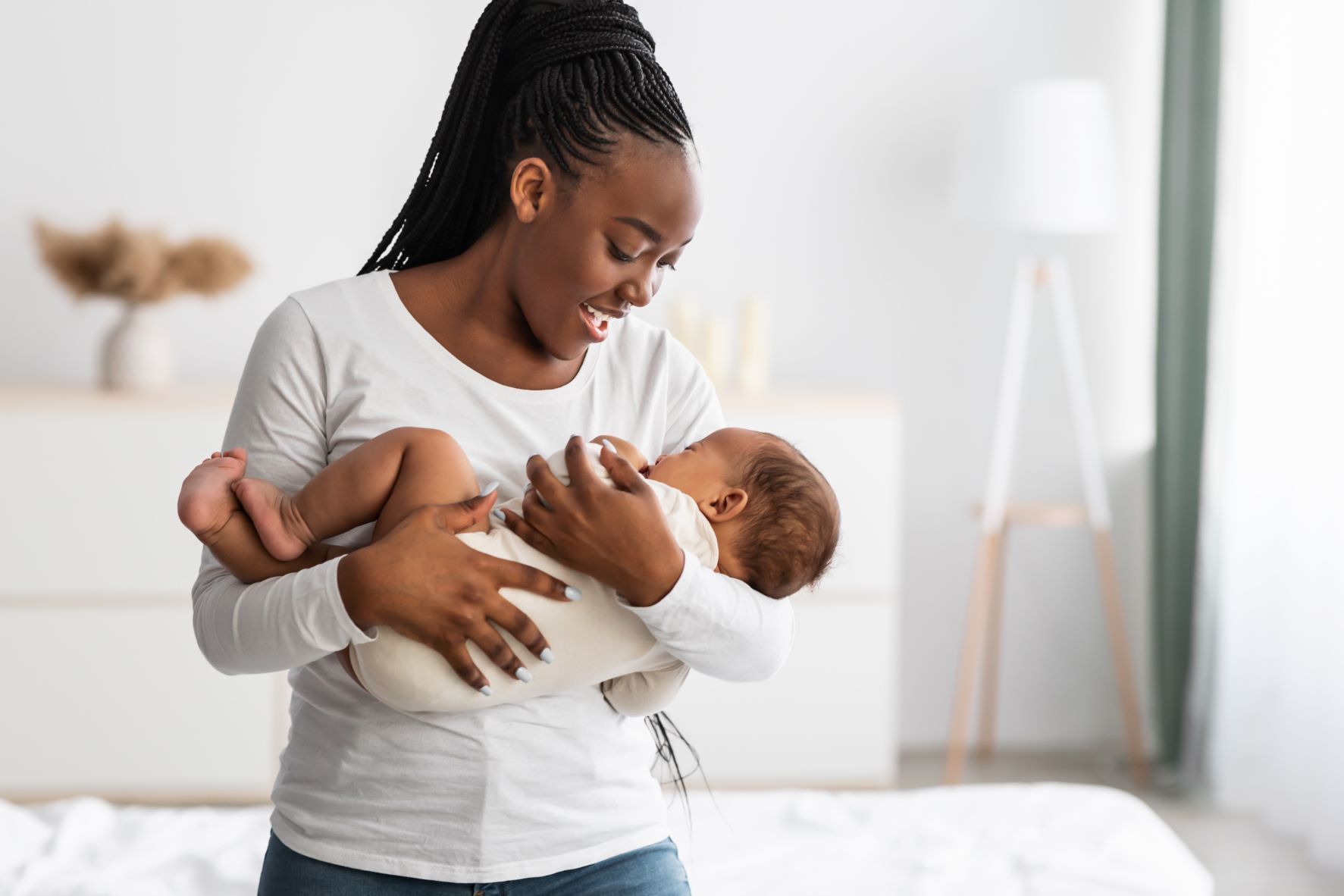Upcoming Studies

Music and Speech rhythms study
The Auditory Development Lab is looking for 5&6 – and 9&10 month-olds to participate in our on-campus music and speech rhythms study.
We are interested in how rhythm influences speech processing when babies are exposed to a non familiar language. We study this by measuring natural brain activity, using a comfortable net of sensors covered by sponges, that have been soaked in a saline and shampoo solution and placed on your child’s head. We would record about 20 minutes of your child’s natural brain activity while he/she sits on your lap and listens to a series of music and spoken sequences through a speaker in the room.
This project will help us understand the role of rhythm in the development of infants’ language and help with language impairments’ intervention.
If you and your baby are interested in participating or have any questions, please contact Laura Fernández Merino (fernndel@mcmaster.ca).
Too young for our study? Contact us anyways! We would love to add your baby to our database and let you know when your baby reaches an age we are looking for!

Visual Preference Studies for 2-14 month-olds See study poster
The Baby Lab (vision studies) at McMaster University is looking for local 2 to 14 month-old babies to participate in a variety of in-person studies!
We are investigating the role of emotional vocal sounds and music/different faces and languages/visual preferences and face processing.
If you’re interested in participating in one of our studies, or have any questions, please contact babylab@mcmaster.ca
See the attached posters for more details.

Online Vision Study See study poster
The Baby Lab (vision studies) at McMaster University is looking for local 6 to 14 month-old babies to participate online for a study!
Sign up to participate in a fun online study in the McMaster Baby Lab!
We are investigating whether 6 to 14-month-old infants can learn to perceive human faces of different races categorically. Your child will watch as faces of different races appear on a computer screen.
If you’re interested in participating in our study, or have any questions, please contact babylab@mcmaster.ca
See the attached poster for more details.

Musical Preference Study (7-18 month olds) See Study Poster
The Auditory Development Lab is looking for 7- to 18-month-olds to participate in our on-campus musical preference study.
We are interested in whether infants show the same preference for rhythms in music as adults and older children. In this study, your baby will be able to tell us what types of rhythms they prefer by choosing different musical rhythms they listen to using a touchscreen tablet!
This study will help us understand how the perception of musical rhythm develops in infants.
If you and your child are interested in participating or have any questions, please contact Dr. Daniel Cameron (camerd7@mcmaster.ca) or auditory@mcmaster.ca
Too young for our study? Contact us anyways! We would love to add your child to our database and let you know when your child reaches an age we are looking for!

Parent-Child Interactions (4-8 month-olds)
We are starting a new sound perception study for 6-month-old infants investigating early social interactions and how they’re involved in development. One of the ways we study this is by measuring eye movements. To do this, you and your child’s eye movements will be recorded while you interact with each other. You will be asked to sing to, talk to, and/or quietly interact with your child. To measure your eye movements, you will be asked to wear glasses with eye-trackers built into them. Your infant will wear a headband that holds the eye-trackers in place on the bridge of their nose. We ask that you bring your child in their car seat. During the study, the car seat will be placed on a sturdy table and always monitored by a research assistant. You will sit across from your child, facing them, for the duration of the study.
This study would involve one/two visit(s) to McMaster and each session/visit will last between 30-60 minutes.
If you are interested in participating in one of our Music Studies or would like more information, please contact me at ripleys@mcmaster.ca or at my phone number, (506) 478-2029.

Rhythm Perception Study for 6-15 month-olds See study poster
The Baby Lab (vision studies) at McMaster University is looking for local 6 to 15 month-old babies to participate in a variety of in-person studies!
We’re investigating how musical beats are represented in 6-15 month-old infants’ brains. To do this, we will use a neuroimaging tool called fIRS to get a peek at the activity in your child’s brain.
If you’re interested in participating in one of our studies, or have any questions, please contact babylab@mcmaster.ca
See the attached posters for more details.

In-Person Vision Study See Study Poster
The Baby Lab (vision studies) at McMaster University is looking for local 2 to 14 month-old babies to participate in-person for a study!
Sign up to participate in a fun in-person study in the McMaster Baby Lab!
We’re investigating the role of emotional vocal sounds on 2- 14 month-old infants’ visual
preferences and face processing. Your child will see various face images that will be accompanied by either emotional vocal sounds or neutral, non-native speech sounds
on a computer screen.
If you’re interested in participating in our study, or have any questions, please contact babylab@mcmaster.ca
See the attached poster for more details.

Parent-Child Interactions (4-8 month-olds)
We are starting a new sound perception study for 6-month-old infants investigating early social interactions and how they’re involved in development. One of the ways we study this is by measuring eye movements. To do this, you and your child’s eye movements will be recorded while you interact with each other. You will be asked to sing to, talk to, and/or quietly interact with your child. To measure your eye movements, you will be asked to wear glasses with eye-trackers built into them. Your infant will wear a headband that holds the eye-trackers in place on the bridge of their nose. We ask that you bring your child in their car seat. During the study, the car seat will be placed on a sturdy table and always monitored by a research assistant. You will sit across from your child, facing them, for the duration of the study.
This study would involve one/two visit(s) to McMaster and each session/visit will last between 30-60 minutes.
If you are interested in participating in one of our Music Studies or would like more information, please contact me at ripleys@mcmaster.ca or at my phone number, (506) 478-2029.

